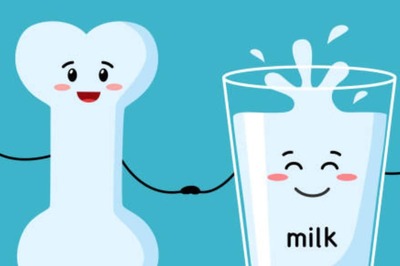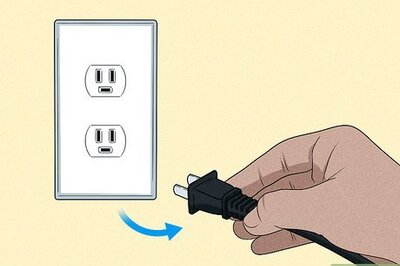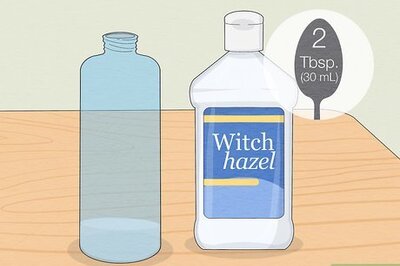
views
“Basorexia” Definition & Origins
“Basorexia” is an overwhelming urge to kiss or be kissed. This complex emotion can manifest in many ways, including a general desire to kiss, daydreaming about kissing, or seeking out opportunities to kiss others. In some cases, the feeling can be more intense, causing people to have an insatiable craving for kissing, or to think about it to an obsessive degree.
Basorexia (bay-soh-rehk-see-uh) is a noun. It comes from the Latin “basium” which means to kiss, and the Greek “orexis,” meaning desire or appetite. It may also be a spin on the French word “un baiser, which means “a kiss.” The term isn’t included in major dictionaries, which means it’s likely a neologism (a newly coined word).
Why do people experience basorexia?
The desire for kissing is a universal and natural emotion. Throughout history, people of all cultures and backgrounds have engaged in kissing to express affection, fulfill romantic desire, and feel emotionally connected to others.There are also biological reasons people desire kissing—it releases mood-boosting endorphins like oxytocin, serotonin, and dopamine, and it lowers the stress hormone cortisol. In other words, kissing makes you feel good and it satisfies a deep human need to be close to others, which could be the driving force behind basorexia.
“Basorexia” Cultural Contexts
Cultural norms about kissing can also affect basorexia. Some cultures have more conservative ideas about kissing, reserving the action for romantic partners. Other cultures are more open about kissing and even use it as a form of friendly greeting. In Spain, Italy, and France, for example, it’s seen as normal and expected to kiss someone on both cheeks to say “hello.” Although there isn’t definitive research on this, it’s possible that living in a culture where kissing is more restricted could lead to a more intense desire to experience it, which could also bring some feelings of guilt or shame.
Is “basorexia” a psychological disorder?
No, “basorexia” is not a psychological disorder. Basorexia is not a clinical disorder, and a desire for kissing is a normal emotion that many people experience. However, some people have speculated that intense basorexia could be a coping mechanism for stress or anxiety, since kissing releases hormones that improve your mood. Others have suggested it could be a way to make up for unmet emotional needs, since kissing increases feelings of connection and intimacy with others.
How to Cope with Basorexia
Explore other forms of affection and communicate with your partner. Since basorexia isn’t a psychological disorder, there aren’t necessarily any actions you need to take to address it. However, if you feel like your desire for kissing is excessive, engaging in other forms of physical affection may help satisfy that urge. This could include things like hand holding, hugging, or snuggling. Talking to your romantic partner and getting on the same page about your desires can also help.
Related Terms
There are several words out there that describe complex feelings. Here are a few interesting ones you might not have come across before: Saudade: The feeling of deep, melancholic longing for a person or thing that’s far away; from Portuguese folk culture. Malu: The feeling of being shy and flustered when meeting someone you admire; from the Dusun Baguk people of Indonesia. Matutolypea: The feeling of waking up in a bad mood or waking up on the wrong side of the bed. Awumbuk: The feeling of emptiness or sorrow you get after guests leave your home; from the Baining people of Papua New Guinea. Litost: A Czech term describing the feeling of torment, resentment, and shame one has when they realize someone else has made them wretched. Torschlusspanik: A German term for the anxious, agitated feeling people get when they feel like time is running out. The Collywobbles: An English word describing a feeling of unease, anxiety, or nervousness in the pit of the stomach. Toska: A Russian word describing the feeling of longing with nothing to long for. Author Vladimir Nabakov described it as a “dull anguish” and a “gnawing mental ache.”




















Comments
0 comment